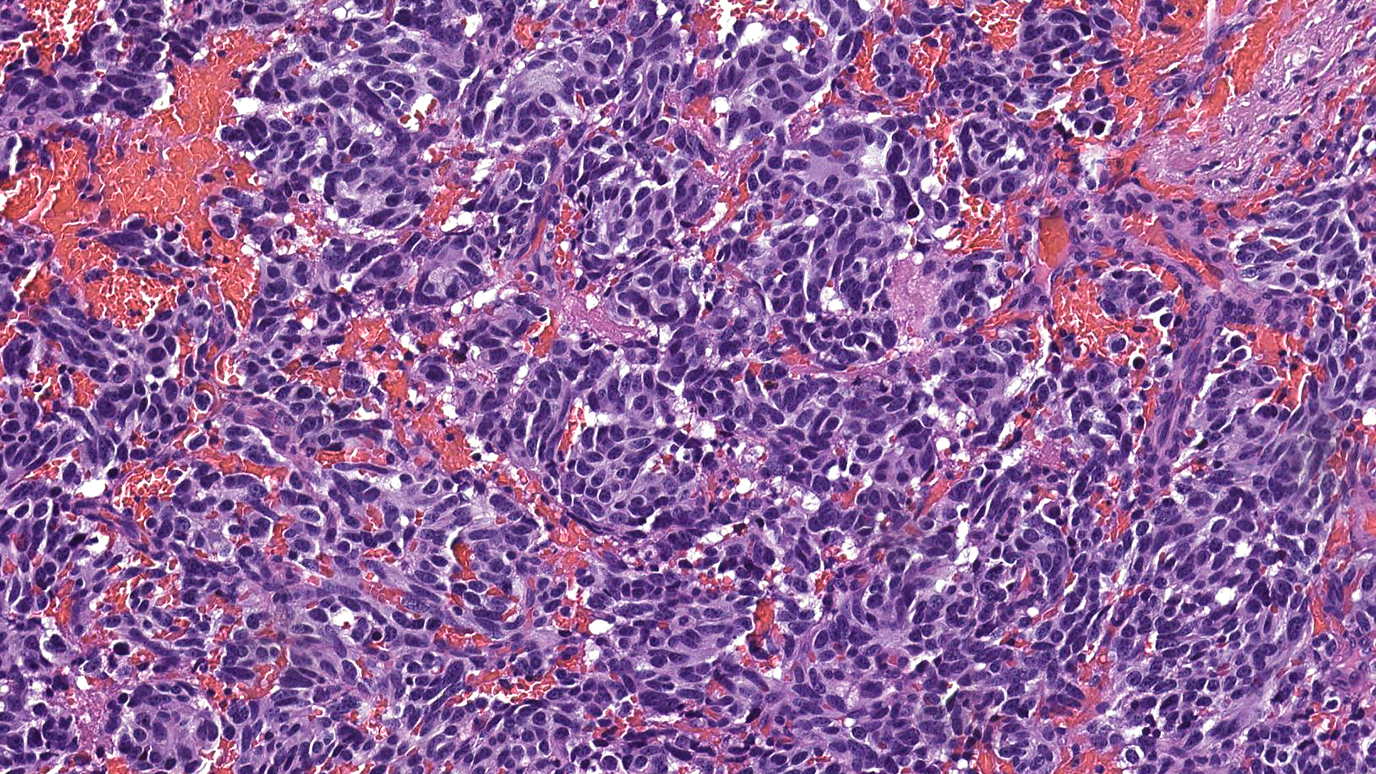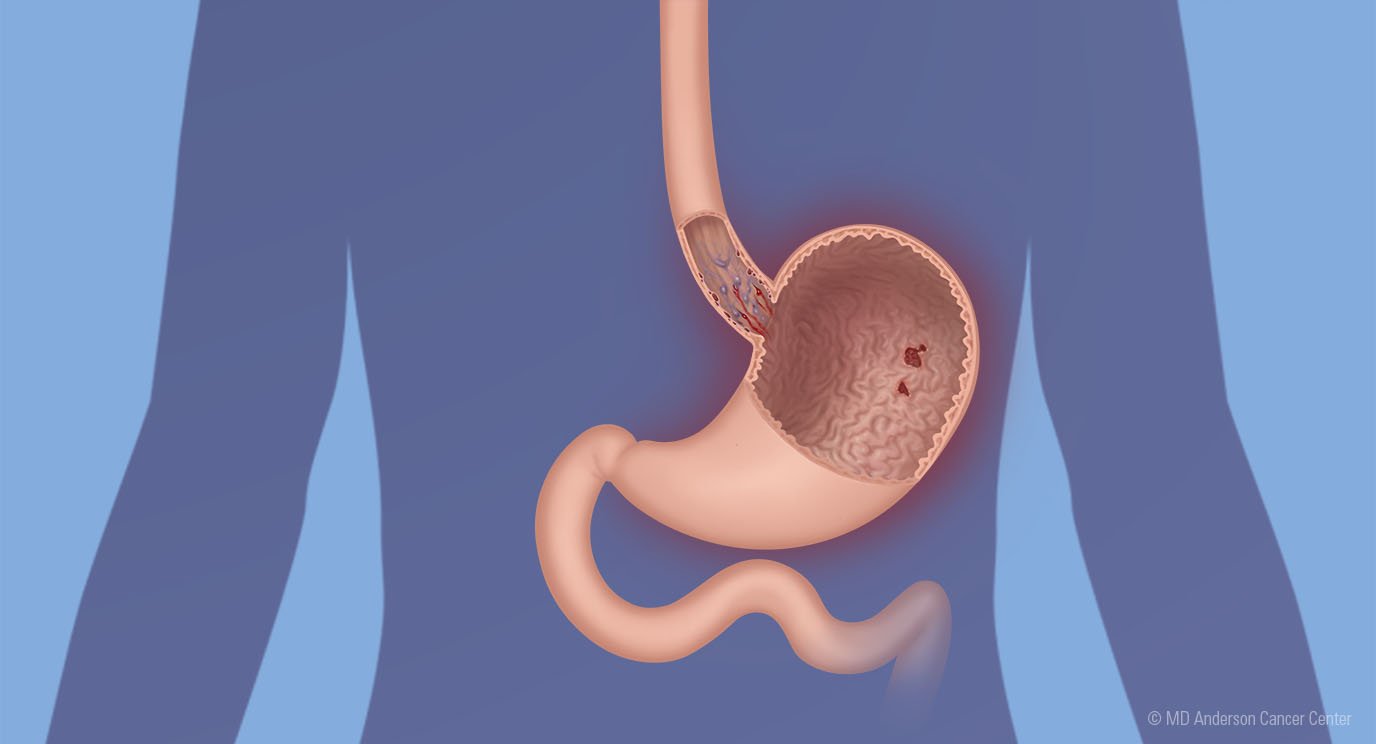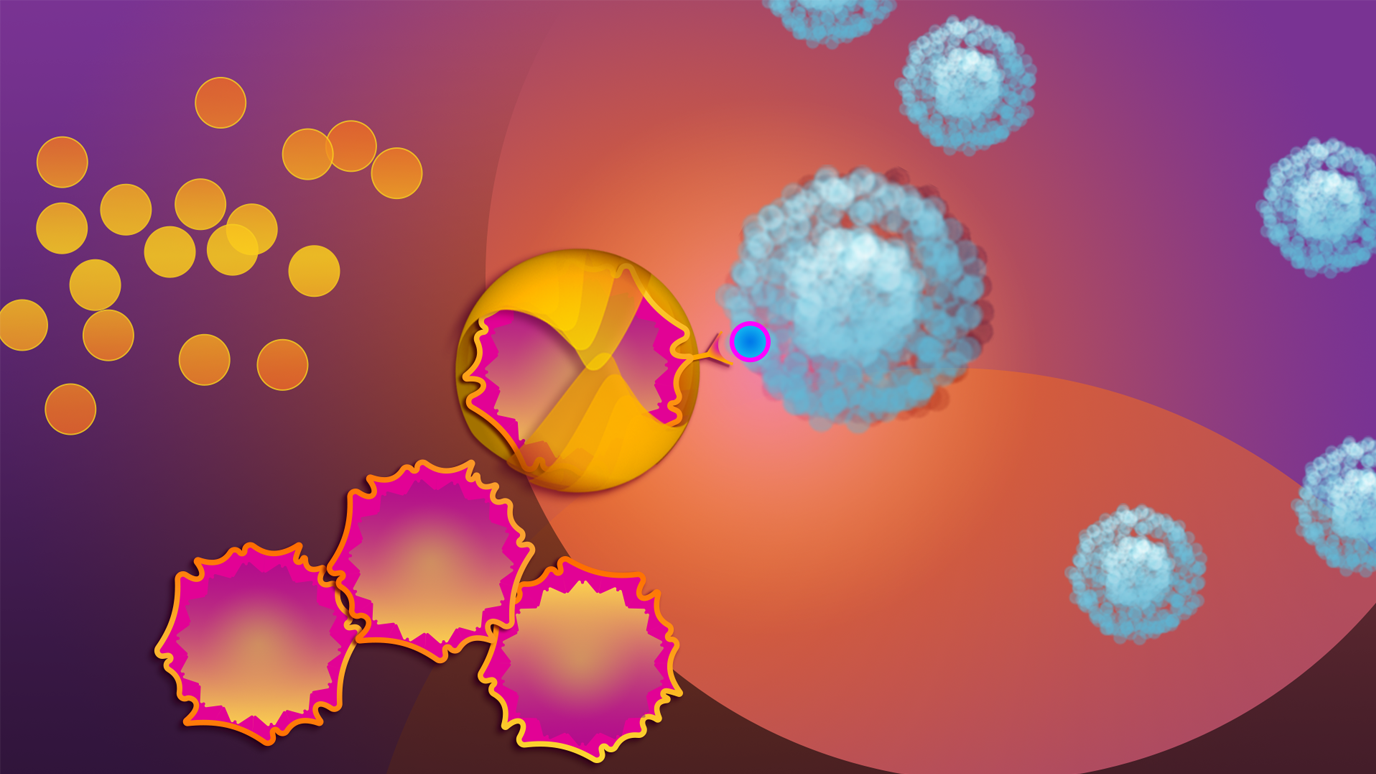- Diseases
- Acoustic Neuroma (14)
- Adrenal Gland Tumor (24)
- Anal Cancer (68)
- Anemia (2)
- Appendix Cancer (16)
- Bile Duct Cancer (26)
- Bladder Cancer (72)
- Brain Metastases (28)
- Brain Tumor (232)
- Breast Cancer (714)
- Breast Implant-Associated Anaplastic Large Cell Lymphoma (2)
- Cancer of Unknown Primary (4)
- Carcinoid Tumor (8)
- Cervical Cancer (160)
- Colon Cancer (166)
- Colorectal Cancer (118)
- Endocrine Tumor (4)
- Esophageal Cancer (44)
- Eye Cancer (36)
- Fallopian Tube Cancer (8)
- Germ Cell Tumor (4)
- Gestational Trophoblastic Disease (2)
- Head and Neck Cancer (14)
- Kidney Cancer (128)
- Leukemia (342)
- Liver Cancer (50)
- Lung Cancer (286)
- Lymphoma (278)
- Mesothelioma (14)
- Metastasis (30)
- Multiple Myeloma (100)
- Myelodysplastic Syndrome (60)
- Myeloproliferative Neoplasm (6)
- Neuroendocrine Tumors (16)
- Oral Cancer (100)
- Ovarian Cancer (172)
- Pancreatic Cancer (160)
- Parathyroid Disease (2)
- Penile Cancer (14)
- Pituitary Tumor (6)
- Prostate Cancer (146)
- Rectal Cancer (58)
- Renal Medullary Carcinoma (6)
- Salivary Gland Cancer (14)
- Sarcoma (238)
- Skin Cancer (296)
- Skull Base Tumors (56)
- Spinal Tumor (12)
- Stomach Cancer (64)
- Testicular Cancer (28)
- Throat Cancer (92)
- Thymoma (6)
- Thyroid Cancer (98)
- Tonsil Cancer (30)
- Uterine Cancer (82)
- Vaginal Cancer (18)
- Vulvar Cancer (20)
- Cancer Topic
- Adolescent and Young Adult Cancer Issues (20)
- Advance Care Planning (12)
- Biostatistics (2)
- Blood Donation (18)
- Bone Health (8)
- COVID-19 (362)
- Cancer Recurrence (120)
- Childhood Cancer Issues (120)
- Clinical Trials (632)
- Complementary Integrative Medicine (22)
- Cytogenetics (2)
- DNA Methylation (4)
- Diagnosis (232)
- Epigenetics (6)
- Fertility (62)
- Follow-up Guidelines (2)
- Health Disparities (14)
- Hereditary Cancer Syndromes (126)
- Immunology (18)
- Li-Fraumeni Syndrome (8)
- Mental Health (116)
- Molecular Diagnostics (8)
- Pain Management (62)
- Palliative Care (8)
- Pathology (10)
- Physical Therapy (18)
- Pregnancy (18)
- Prevention (920)
- Research (392)
- Second Opinion (74)
- Sexuality (16)
- Side Effects (608)
- Sleep Disorders (10)
- Stem Cell Transplantation Cellular Therapy (216)
- Support (402)
- Survivorship (322)
- Symptoms (182)
- Treatment (1786)
Why I sought treatment for a rare neuroendocrine tumor at MD Anderson
BY John Hyatt
3 minute read | Published June 23, 2020
Medically Reviewed | Last reviewed by an MD Anderson Cancer Center medical professional on June 23, 2020
I worked at MD Anderson for 16 years as a program manager in Employee Health & Wellbeing before retiring in 2015. So, I knew that it was famous for treating rare cancers. But it wasn’t until I was diagnosed with a neuroendocrine tumor in 2018 that I truly appreciated its reputation for excellence.
When I was doing internet research to find the best place for my treatment, MD Anderson was the name that kept popping up. And, I learned that MD Anderson has a team of specialists dedicated exclusively to neuroendocrine tumors.
After meeting with Dr. Daniel Halperin, one of the leading neuroendocrine specialists in the country, I was convinced that MD Anderson was the right place for me.
My neuroendocrine tumor diagnosis
I learned I had a neuroendocrine tumor in February 2018. I’d had mild bouts of diarrhea, gas, bloating and constipation for years. But scans and tests never showed anything unusual, so I was told I had irritable bowel syndrome.
Then, in early February 2018, I began feeling dizzy and nauseous. When I started vomiting blood, I went to a local emergency room. I was admitted to the hospital and diagnosed with portal hypertensive gastropathy — damage to the stomach lining caused by high blood pressure in nearby arteries.
A CT scan revealed a large mass on my pancreas as the source of the hypertension. A biopsy determined it was a neuroendocrine tumor.
Because of its location, the doctors said removing the tumor would be too risky. So, I had endoscopic surgery to stop the internal bleeding and received blood transfusions to replace what I’d lost. I also started taking a proton pump inhibitor to reduce the amount of acid my stomach produced. That would allow its damaged lining to heal.
Choosing MD Anderson for my neuroendocrine tumor treatment
Once I was stable enough to leave the hospital, it was time to seek specialized treatment. I knew I needed a medical facility that regularly treated patients with complex cancers — specifically, pancreatic neuroendocrine tumors. I found that at MD Anderson.
I was evaluated first by Dr. Halperin. He ordered scans that pinpointed exactly where my tumor was and why it was so hard to reach. The scans also revealed a few small tumors outside my pancreas, making the cancer stage IV.
Dr. Halperin explained that although my cancer could not be cured, it is normally slow-growing. He also emphasized that there are many treatments available now, and others becoming available that could shrink my cancer or inhibit its growth.
As a part of my assessment, I also met with Dr. Matthew Katz, a surgeon who specializes in cancers affecting the pancreas. He reviewed my scans and agreed that surgery to remove the primary tumor was not likely to benefit me. We decided to try oral chemotherapy.
My neuroendocrine tumor treatment
I began taking a combination of capecitabine and temozolomide pills in March 2018. The first few cycles shrank the primary tumor by 20%. But eventually, the medication negatively affected my platelets.
By November 2018, Dr. Halperin determined that the chemotherapy was doing me more harm than good. My platelet counts hadn’t improved, and my liver enzymes were spiking dangerously high. He recommended stopping chemotherapy and beginning hormone treatment with a drug called sandostatin. I started receiving monthly injections of it in November 2018, and I remain on that medication today.
My life today
It’s been over two years now since I was diagnosed with a neuroendocrine tumor. I don’t have as much energy as I used to, and I still have occasional digestive issues. But my side effects are generally mild and manageable. I still work out almost daily. And I travel, volunteer, and enjoy my retirement.
Getting a basic understanding of neuroendocrine tumors and their treatment options was challenging, because this is a very complex cancer. But the hope Dr. Halperin and his team conveyed gave my wife and me some much-needed reassurance.
Today, my CT scans continue to show no sign of tumor growth. And I am thankful every day for my good quality of life and for the care I received at MD Anderson that has kept my cancer stable for over two years.
Request an appointment at MD Anderson online or by calling 1-877-632-6789.
Related Cancerwise Stories

I was convinced that MD Anderson was the right place for me.
John Hyatt
Survivor





